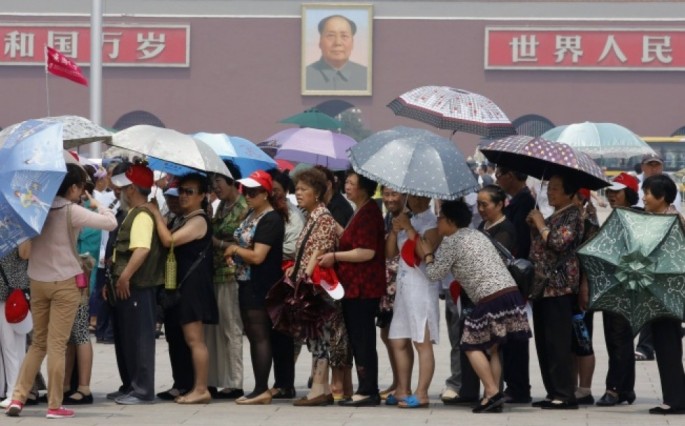Taiwan has easily transformed into one of the favorite travel destinations among Chinese mainlanders during the winter holiday season. Experts attribute this hike in tourist activity to the increase in quota for tour groups, according to a report by China Daily.
Taiwan increased its quota from 5,000 to 8,000 a day to accommodate the growing demand for tours in the island between Nov. 21 and Feb. 19.
The island also anticipates tourist numbers to increase even more for the upcoming Spring Festival, which will take place on Feb. 8.
It's not the first time Taiwanese authorities raised the quota for tour groups. In fact, officials have already raised the quota several times back in 2014 to accommodate more tourists from 47 mainland cities.
Experts say that this boom in tourism was brought about by strengthened cooperation between mainland China and Taiwan in the past few years.
Raised traveler quotas have also allowed income revenues to increase in Taiwan. According to Zhang Hui, public relations representative at Ctrip, an online travel agency, Taiwan saw a 50-percent increase in customers this year due to the raised quotas compared to last year.
Tourists from China count as the biggest spenders. In 2015, over four million mainland tourists overcame Japanese tourists when it comes to their spending habits. It's the first time for mainland tourists to take this spot since the island opened its doors for group tourism in 2008. Individual mainland tourists were allowed in Taiwan in 2011.
On Jan. 10, Taiwan's Economic Daily News reported that each traveler from mainland China spent about $232.15 a day between January and March of last year, several notches higher than the $221.45 a Japanese tourist did.
To be able to go on cross-Straits visits, mainland and Taiwan residents must acquire visa-like entry permits.
"The mainland has always encouraged cross-Straits exchanges and cooperation, before or after the island's political transition," said Ni Yongjie, deputy director of the Shanghai Institute of Taiwan Studies, in an interview with China Daily.
"I hope the new (Taiwan) government can consider the traveling demands of people from both sides and continue to launch favorable policies," Ni added.



























